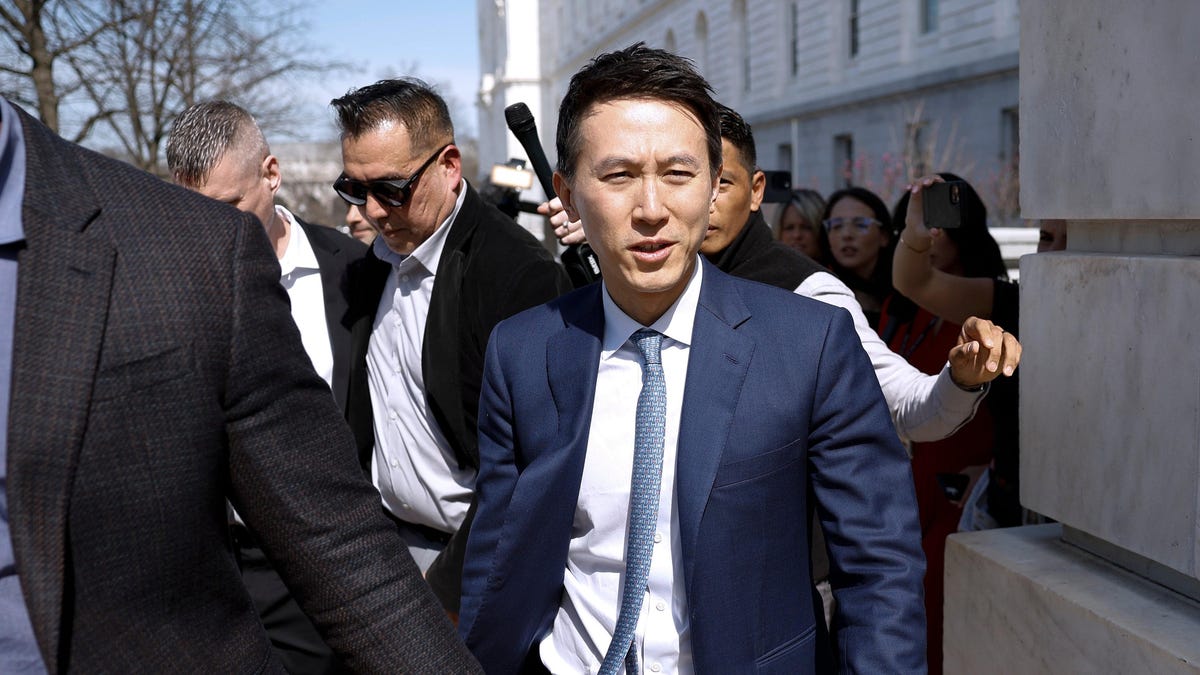The U.S. House of Representatives Passes the TikTok Ban Bill as Part of Foreign Aid Package
In a significant move, the U.S. House of Representatives passed the TikTok ban bill on Saturday. This decision was made as a part of a crucial package aimed at providing foreign aid to Ukraine, Israel, and Taiwan. The bill, which has the potential to ban or mandate the sale of TikTok, is swiftly making its way through Congress and is expected to become law later this week.
Context and Impact of the Bill
The passing of the TikTok ban bill by the House of Representatives was accompanied by bills providing substantial aid to various nations. The package included $8 billion for Taiwan, $60 billion for Ukraine, $17 billion for Israel, and $9 billion for humanitarian aid in Gaza. By combining the TikTok bill with other pressing bipartisan bills, the likelihood of Senate consideration has increased significantly. Key political figures, including President Joe Biden and Senator Mitch McConnell, have expressed their support for the TikTok bill.
The Senate Majority Leader, Chuck Schumer, has stated that the Senate will take up the matter this week. While a version of the TikTok bill overwhelmingly passed through the House in March, it faced challenges in the Senate. Despite this, the Senate’s attention has been drawn back to the bill due to its inclusion in the current aid package.
Legal Battles and Challenges Ahead
TikTok has made it clear that it is prepared to contest the potential ban through legal means. The company informed its U.S. employees that it would initiate legal proceedings if the bill is signed into law. This decision highlights TikTok’s commitment to defending its operations and free speech rights. Notably, TikTok’s general counsel, who played a crucial role in U.S. national security negotiations, has stepped down amidst these developments.
Furthermore, the bill’s passage has raised concerns among technology lawyers regarding its potential implications for app stores and government oversight. Naming Bytedance explicitly, the bill sets a precedent that could extend beyond TikTok, impacting a broader range of applications.
Political Ramifications and Election Dynamics
As the TikTok ban bill progresses, it is expected to become a contentious issue in the upcoming 2024 election. The decision to ban or regulate TikTok could sway the support of younger voters, making it a strategic consideration for policymakers. While concerns have been raised about the app’s implications for national security, the broader impact of its potential ban remains a subject of debate.
In conclusion, the passage of the TikTok ban bill marks a significant development in the ongoing debate surrounding the app’s operations in the U.S. The legal, political, and economic implications of this decision are far-reaching and are likely to shape future discussions on technology regulation and free speech rights.
Image/Photo credit: source url





